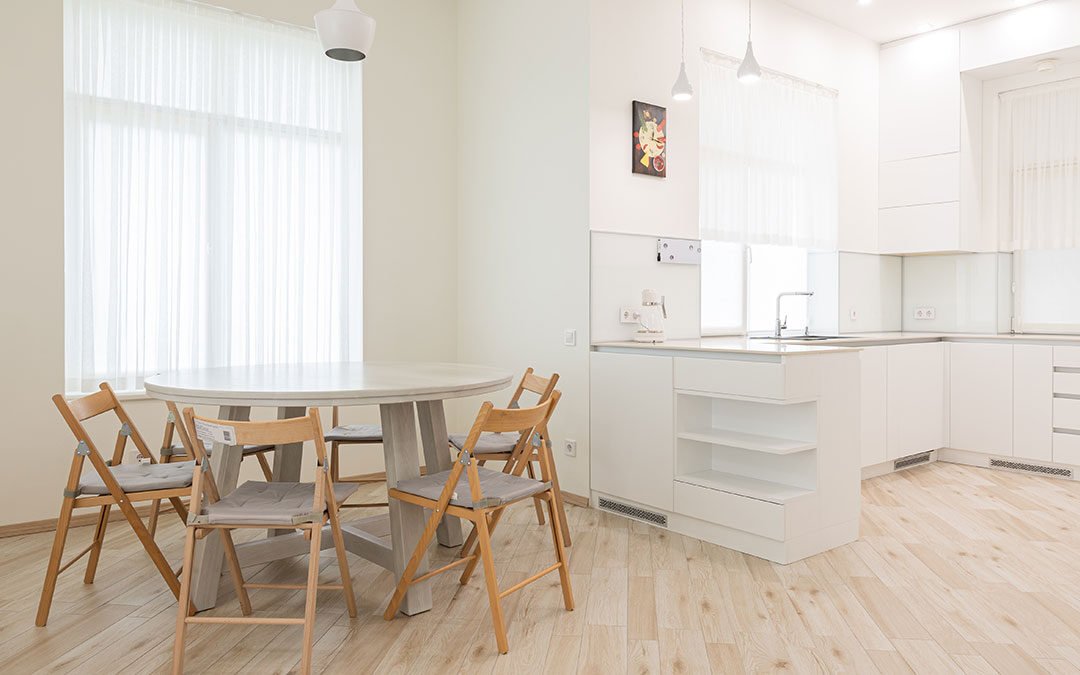“Should we buy a home before we sell” seems to be the question we get asked the most in this market.
If you’re thinking about buying a new home, you may need to decide if you should sell your current home first. Buying and selling at the same time can be tricky because the process could take longer than anticipated.
Circumstances to consider:
You might find a beautiful new home only to find that you’re not able to get the price you want for your current home. Or someone might want to purchase your current home but you haven’t found a new place to live. So, the question is “should you buy a home before you sell?”
Selling First
Selling your current home before buying is the least risky path because you know how much money you will end up with, ensuring you’re not going to overspend on your next home. Plus, selling your existing home first gives you more buying power because you will have the money from your sale ready for when you do find the right home.
It’s also easier to apply for a new home loan since you won’t potentially have two mortgages to pay at the same time.
Selling first would mean you might have to rent or stay in short term accommodation or live with a family member until you have bought a new home – this is usually more difficult; however, it can also be beneficial as you may be able to purchase back into a different market when you find your next home.
Another option is to request a longer “settlement” timeframe for the sale of your existing home. This allows you some more time to find your next property.
Buying First
Buying a new home before selling will make moving your belongings a lot simpler. It will also give you time to get your old home spruced up ready to sell while you are not living there. This path is best if you have already paid off your mortgage on your existing home.
If you haven’t completely paid off your existing mortgage, you may struggle to pay two mortgage payments at the same time. It will also be harder to qualify for a new home loan because you have a high debt-to-income ratio. If you have accumulated usable equity in your current property, you may be able to use this to purchase your next home.
Another drawback of this approach is that you could feel under considerable pressure to sell your existing home as quickly as possible and may end up accepting a lower price which isn’t ideal moving forward.
Conditional Contract of Sale: If you buy a property first, then the purchase contract will have a special condition stating that it is “subject to the sale of purchaser’s property”. Usually, there are conditions on the time limit you have to obtain a contract of sale on your property. It may be that you have a 30-day or 60-day time frame to sell your existing property. Failing this, the contract will not continue after this time. If you obtain a contract of sale on your current property during the time frame, then this condition will have been met.
Sunset Clause: The sellers of the home you are buying will most likely be advised by their solicitor to put a special condition in the Contract of Sale to make sure they are protected. This means that if another more favourable offer is presented to the vendors, then they can accept that offer but are required to give you 48 to 72 hours to make your purchase contract unconditional. This is called a “sunset clause” and is for the seller’s benefit.
Also, another potential risk is if the market softens in between and you end up selling your current home at a price significantly below what you anticipated.
It’s impossible to predict how long your present property will stay on the market before it gets sold.
Understanding Bridging Finance
If buying a new home before you sell is your only option, you can explore “Bridging Finance.” This is a short-term loan that allows you to temporarily own both homes at the same time. It allows you to make repayments as normal on the original loan until your old property gets sold.
This type of loan often has relatively high-interest rates or fees and you might end up paying penalties if you’re not able to sell your house in the allocated time.
Keep in mind that some lenders will require you to have significant equity in your existing home before they approve a bridging loan. Our advice is to discuss your options with your financier prior to deciding to buy or sell.
Finally
Whichever path you choose, it’s important that you do your homework first, evaluate your own financial position to minimise the stress of buying and selling your property.
At Elanora Realty, we specialise in helping people both buy and sell property in the local area. So, if you need assistance deciding to buy or sell first, please feel free to get in touch with us.




